
India has about 60 million diabetics and for this group, life is an unending struggle, fraught with frequent complications such as cardiovascular diseases and renal failures.
Therefore, monitoring the disease becomes an exhausting, daily ritual involving trudging to a lab to conduct tests that determine the presence of ketones and proteins in urine. Any sign of these indicates a grave threat such as a kidney failure.
Now, a small Mumbai outfit called BioSense has devised an ingenious solution that brings the laboratory to your bedside table. The key to the test is an app that can be downloaded to your smartphone.
A simple cuboid plastic box houses the phone with the camera facing downwards. A strip, after being placed in a urine stream and then affixed to a holder, is then placed on top of the box.
...
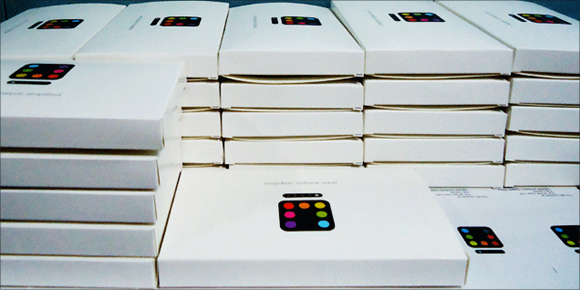
Once Biosense's app is launched, the camera takes repeated photographs of the strip as it changes colour, and feeds it to the app. Almost instantaneously, a thorough report tabulating 10 vital biochemicals in your body - from glucose to bilirubinWis generated. The total cost: Rs 2,000 versus endless sorties to the lab. The same test also keeps tabs on pregnancy issues and urinary tract infections.
India has always been a laggard in product innovation. But now, a healthcare revolution, unlike any other, is sweeping the country - a wave of low-cost innovative medical devices is changing the way healthcare is delivered.
"I have seen medical device companies around a long time, but low-cost devices with low margins didn't scale. That's changing fast," says Rajesh Rai, chief executive of India Innovation Fund, which has invested in companies in this field.
...
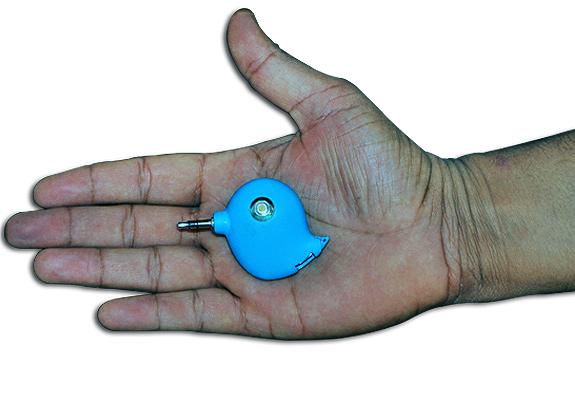
Much of the reason for this revolution is what an Ernst & Young report calls the "consumerisation of medical devices and the medicalisation of consumer devices." In many cases, the power of the internet and the utility of increasingly cheaper smartphones have transformed the way in which Indians undertake real-time diagnostics.
Diabeto, another Mumbai-based company, has a similar app that uses bluetooth to connect to a glucometer, generating instant accurate readings for diabetics who need to closely monitor their insulin levels.
Soon, your smartphone could begin to communicate with tiny implants in your body and analyse your blood chemistry. It could even act as an in-house ultrasound machine, providing daily feedback on pregnancy.
...
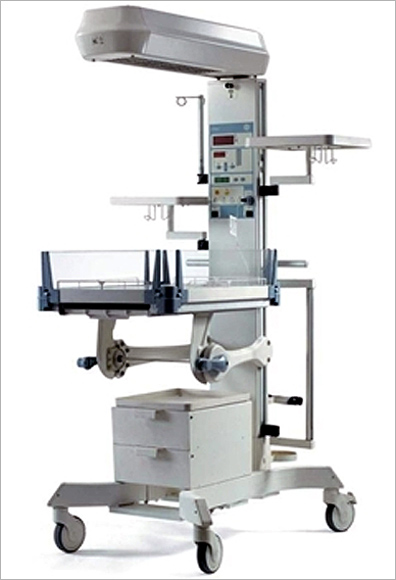
Sandeep Sinha, director (healthcare & life sciences practice), Frost & Co, says currently, this segment is a $300-400 million sub-sector of the medical devices industry and is growing rapidly. Though it may not seem huge today, experts say much like e-commerce, this space is poised for a major business-model disruption.
Indians have always been good at product innovation, but only when these have worked for others. GE Healthcare and Phillips, for example, are world-famous for pioneering 'frugal innovation' out of India. At first, innovations were geared for western markets, but as growth slowed there, the focus turned inwards.
For instance, GE's Lullaby baby warmer, which helps new-born babies adjust to room temperature by providing direct heat in an open cradle, costs $3,000 in India, against $12,000 in the US.
...
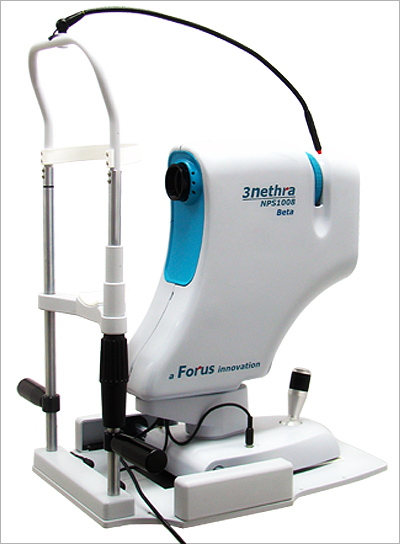
Today, there's growing proof of these kinds of innovations being devised by homegrown companies.
And, it doesn't just encompass the worlds of smartphones and apps. For instance, Bangalore-based Forus Health, started by colleagues who worked at the Philips Innovation Centre, has developed '3nethra', a rugged, low-cost portable pre-screening ophthalmology device that can be tucked into a backpack and chucked onto the roof-top carrier of a car. It costs a sixth of the products made by its competitors.
In India, where 80 per cent of the 12 million blind people could have been cured with preventive screening (the 1:60,000 doctor-patient ratio in ophthalmology makes this a very difficult task), Forus' device not only detects five of the leading causes of blindness; it provides an automated reports that flash 'normal' or 'need to see a doctor' statuses. This is a huge boon in a resource-starved field.
...
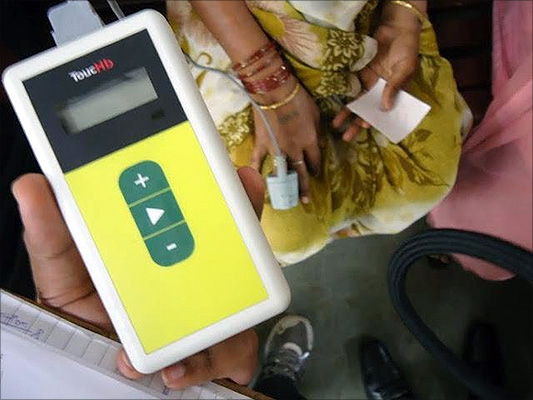
The urge to return home and make a difference is also an increasingly common trend in this arena. "People with global exposure have come back and formed the kernel of what is happening here," says Rai. Nishith Chasmawala, co-founder of Consure, a Delhi-based firm that combats fecal incontinence, an ailment that prevents the control of bowel movements, was a researcher and entrepreneur in the US, before returning to India like many in the medical devices field.
Another distinct pattern: Engineers and doctors are finally learning to combine their talents. "You're seeing the breakdown of boundaries and disciplines which were in silos for the longest time," says Biosense co-founder Myshkin Ingawale, an engineer from Bhopal (and an IIM Calcutta alumnus) who partnered two doctors from Mumbai's Nair hospital. "There was a misconception that healthcare was exclusively the domain of doctors, but there's a whole ecosystem of solutions out there," he adds.
As research and development costs decline and the population continues to be underserved on the health front, the world of medical products will continue to prosper.